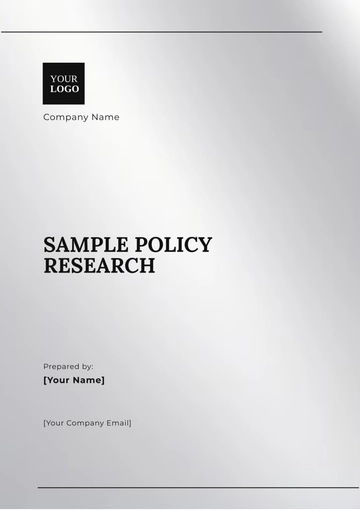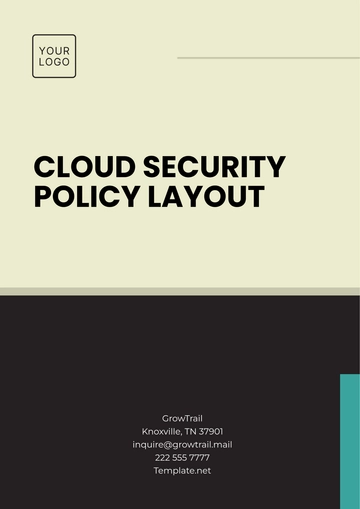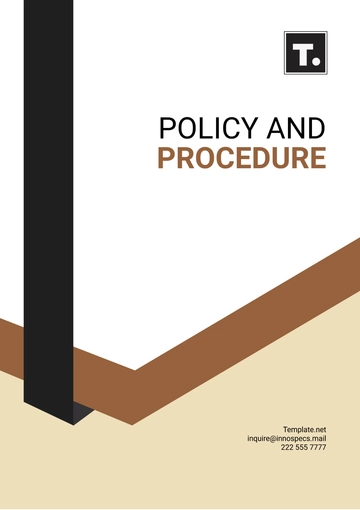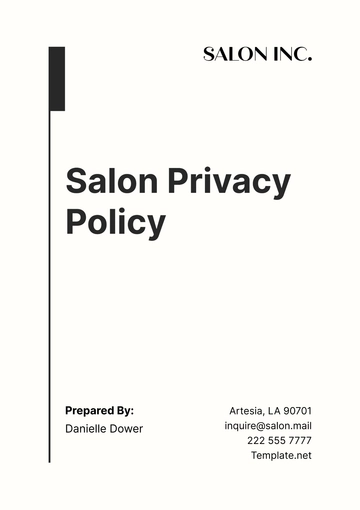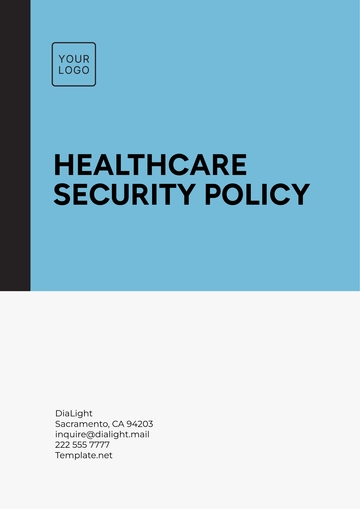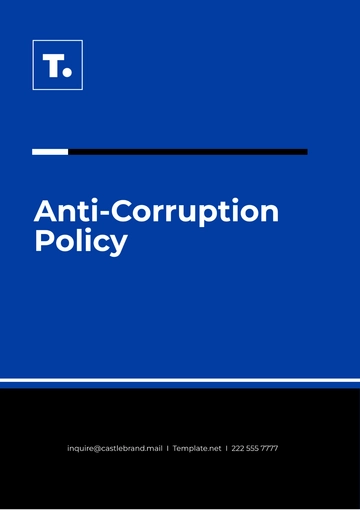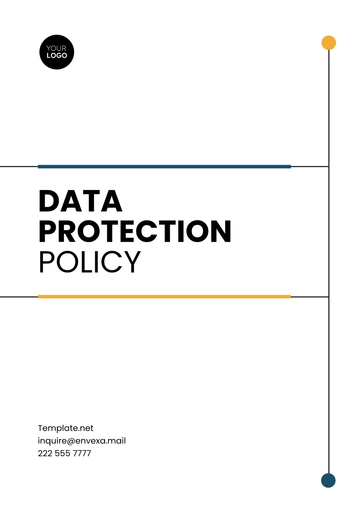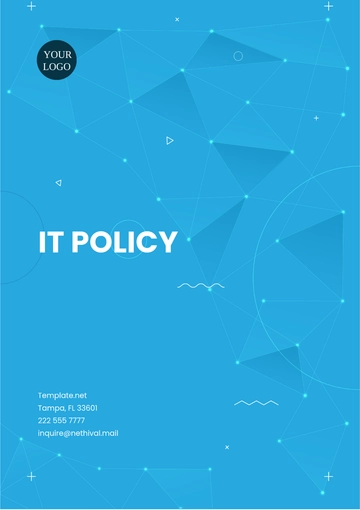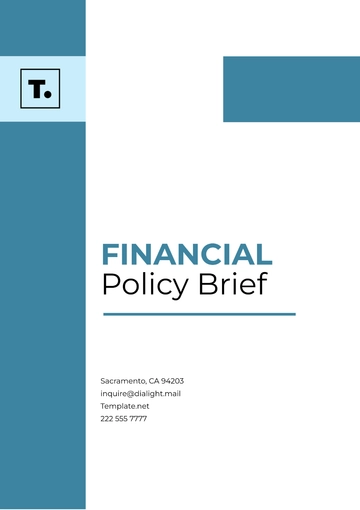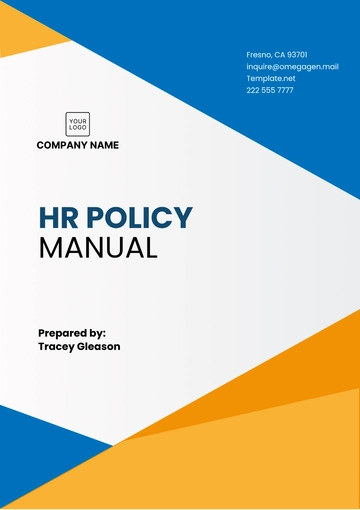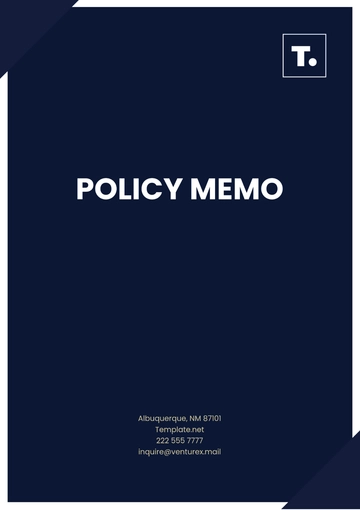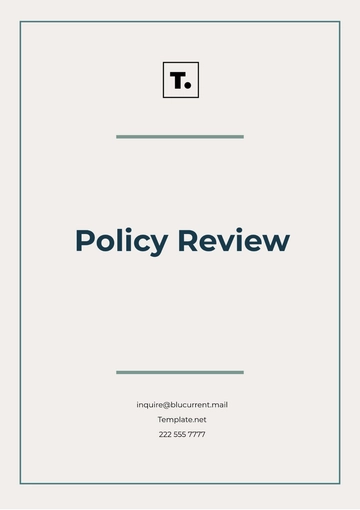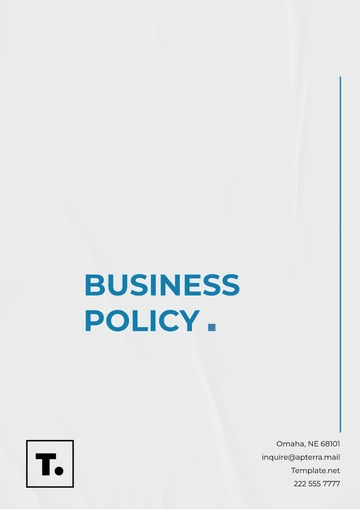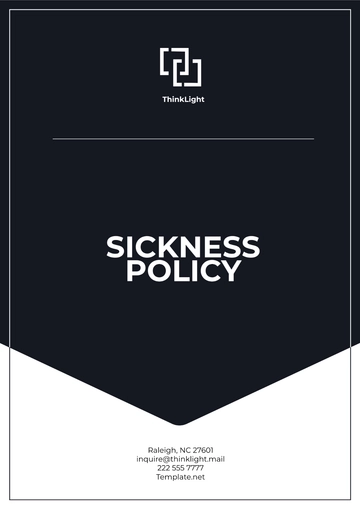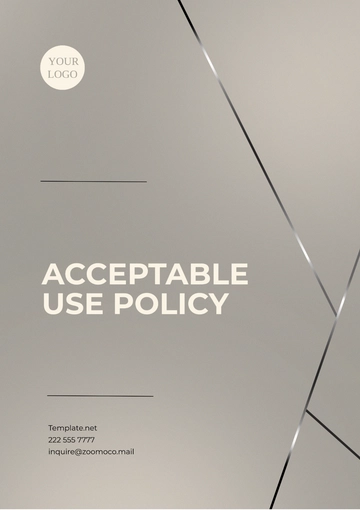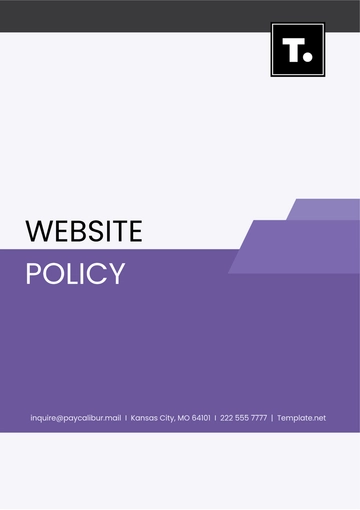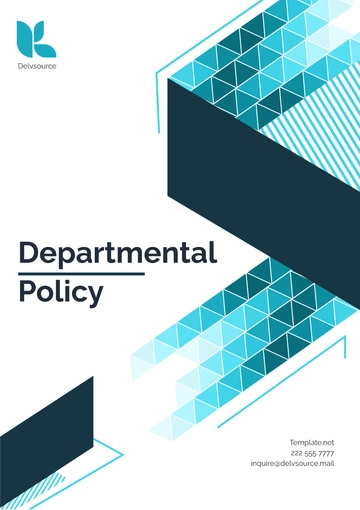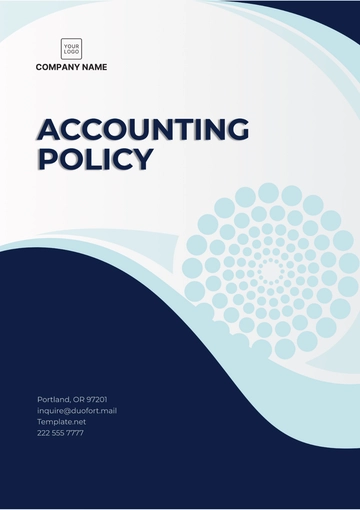Free School Policy for Teachers
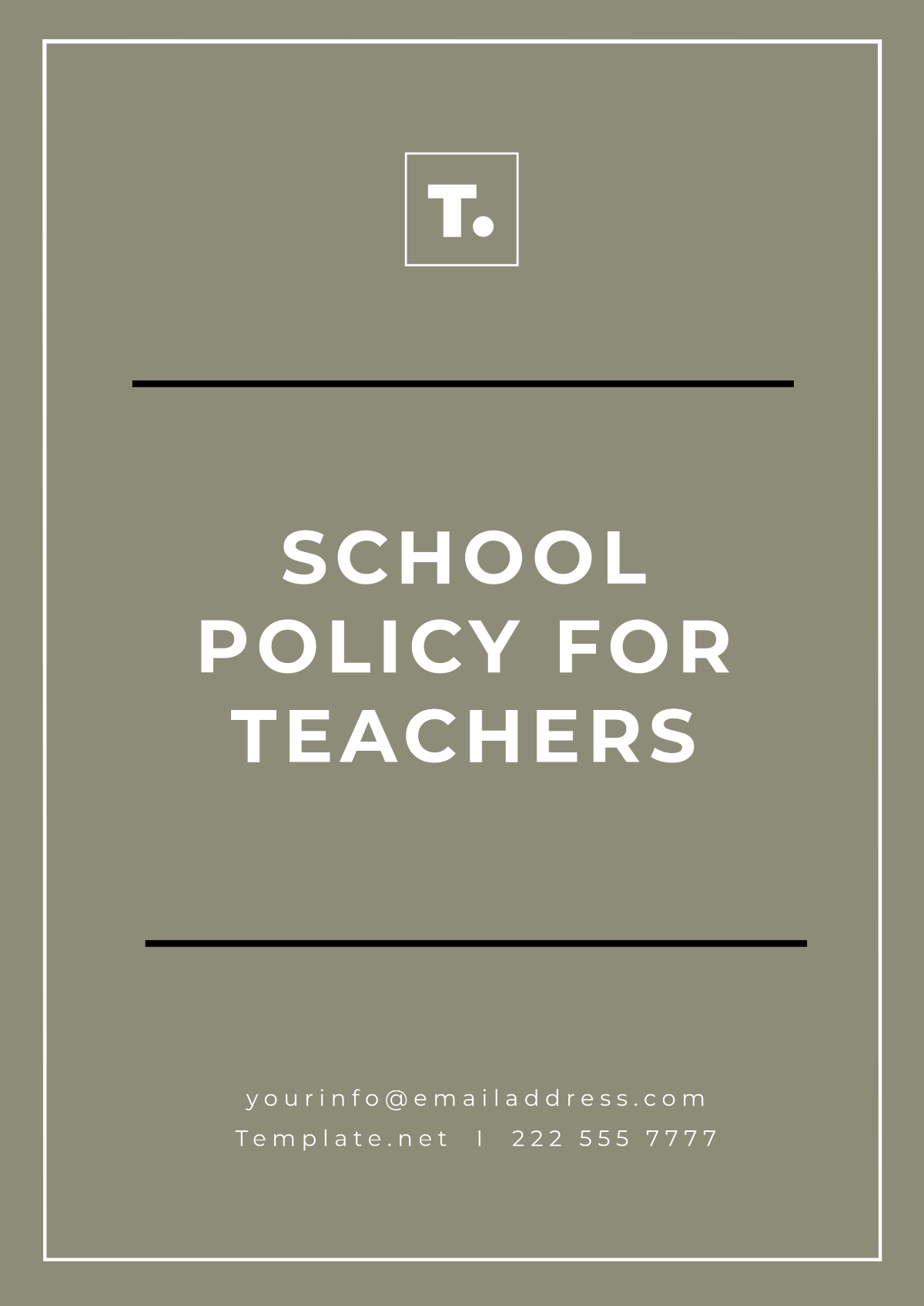
1. Professional Conduct
Ethical Behavior: Teachers must conduct themselves with professionalism, integrity, and respect for all students, colleagues, and parents. Teachers are expected to be role models, displaying high standards of honesty and ethical behavior.
Confidentiality: Teachers must maintain confidentiality regarding students’ academic performance, personal information, and any other sensitive matters unless required by law to disclose such information.
Dress Code: Teachers are expected to dress in a professional manner that is appropriate for the school setting, with consideration for the comfort and safety of students.
2. Attendance and Punctuality
Work Hours: Teachers are expected to arrive at school on time, be present for all scheduled classes, and attend staff meetings, professional development sessions, and other mandatory events.
Absences: Teachers must inform the school administration as early as possible in case of illness or absence. A doctor's note or other documentation may be required for extended absences.
3. Classroom Management
Behavioral Expectations: Teachers are responsible for creating a safe, respectful, and productive learning environment. Clear rules for behavior must be established and enforced consistently.
Discipline: Teachers should implement appropriate strategies for managing classroom behavior, including positive reinforcement and corrective actions when necessary. Teachers are encouraged to involve parents or guardians when behavioral issues persist.
Student Engagement: Teachers should foster an environment of active learning and participation. The use of diverse teaching methods and technologies to engage students is encouraged.
4. Curriculum and Instruction
Lesson Planning: Teachers must develop and implement well-organized, standards-based lesson plans. These plans should reflect the goals and objectives of the curriculum and adapt to the individual needs of students.
Assessment: Teachers are responsible for assessing student progress through a variety of means (quizzes, tests, projects, etc.) and providing timely, constructive feedback to students. All assessments should be fair, unbiased, and aligned with curriculum standards.
Inclusive Education: Teachers are expected to accommodate the diverse needs of students, including those with disabilities or special educational needs. Differentiation in instruction is encouraged to ensure all students have access to learning opportunities.
5. Communication
Parent-Teacher Communication: Teachers should regularly communicate with parents or guardians about student progress, behavior, and academic challenges. This may include parent-teacher conferences, written reports, phone calls, or emails.
Collaboration: Teachers should collaborate with fellow educators, support staff, and administrators to enhance the overall educational experience. Sharing strategies, resources, and best practices is encouraged.
6. Professional Development
Continuous Learning: Teachers are expected to participate in ongoing professional development to enhance their teaching skills and stay current with educational best practices and trends.
Self-Improvement: Teachers are encouraged to seek opportunities for self-improvement, reflect on their teaching practices, and be open to feedback from peers and administrators.
7. Technology Use
Appropriate Use of Technology: Teachers should use technology to enhance teaching and learning, but must ensure that it is used appropriately and ethically. This includes respecting student privacy and adhering to school policies on acceptable use.
Digital Citizenship: Teachers are responsible for modeling appropriate digital behavior for students, including respectful communication and responsible use of online resources.
8. Safety and Well-Being
Health and Safety: Teachers must ensure the safety and well-being of students by following all school safety policies, including emergency procedures, and first aid, and reporting safety concerns to the administration.
Bullying and Harassment: Teachers must intervene in any incidents of bullying, harassment, or discrimination and follow the school’s anti-bullying policies. Teachers should create an inclusive environment where all students feel safe and valued.
9. Responsibilities Outside the Classroom
Supervision: Teachers may be required to supervise students outside of class, such as during lunch, recess, field trips, or extracurricular activities.
Extracurricular Participation: Teachers are encouraged to support and participate in extracurricular activities, such as clubs, sports, and school events, to enhance the school community.
10. Compliance with School Policies
Adherence to Policies: Teachers must familiarize themselves with and comply with all school policies, procedures, and regulations, including those related to attendance, grading, professional behavior, and student conduct.
Disciplinary Actions: Failure to adhere to school policies may result in disciplinary action, including verbal or written warnings, suspension, or termination, depending on the severity of the violation.
- 100% Customizable, free editor
- Access 1 Million+ Templates, photo’s & graphics
- Download or share as a template
- Click and replace photos, graphics, text, backgrounds
- Resize, crop, AI write & more
- Access advanced editor
Support educators with Template.net’s School Policy for Teachers Template. Customizable and editable, this template helps you outline clear expectations and guidelines for teachers. Editable in our AI Editor Tool, it’s simple to adjust to your school’s requirements. Foster a professional and collaborative environment with this professionally crafted template. Download now to create a comprehensive policy document for your teaching staff.
You may also like
- HR Policy
- Restaurant Policy
- Company Policy
- Accounting Policies and Procedures
- Website Policy
- Privacy Policy
- Safety Policy
- School Policy
- IT and Software Policy
- Law Firm Policy
- Construction Policy
- Interior Design Policy
- Travel Agency Policy
- Education Academic Policy
- Security Policy
- Real Estate Policy
- Expense Policy
- Software Policy
